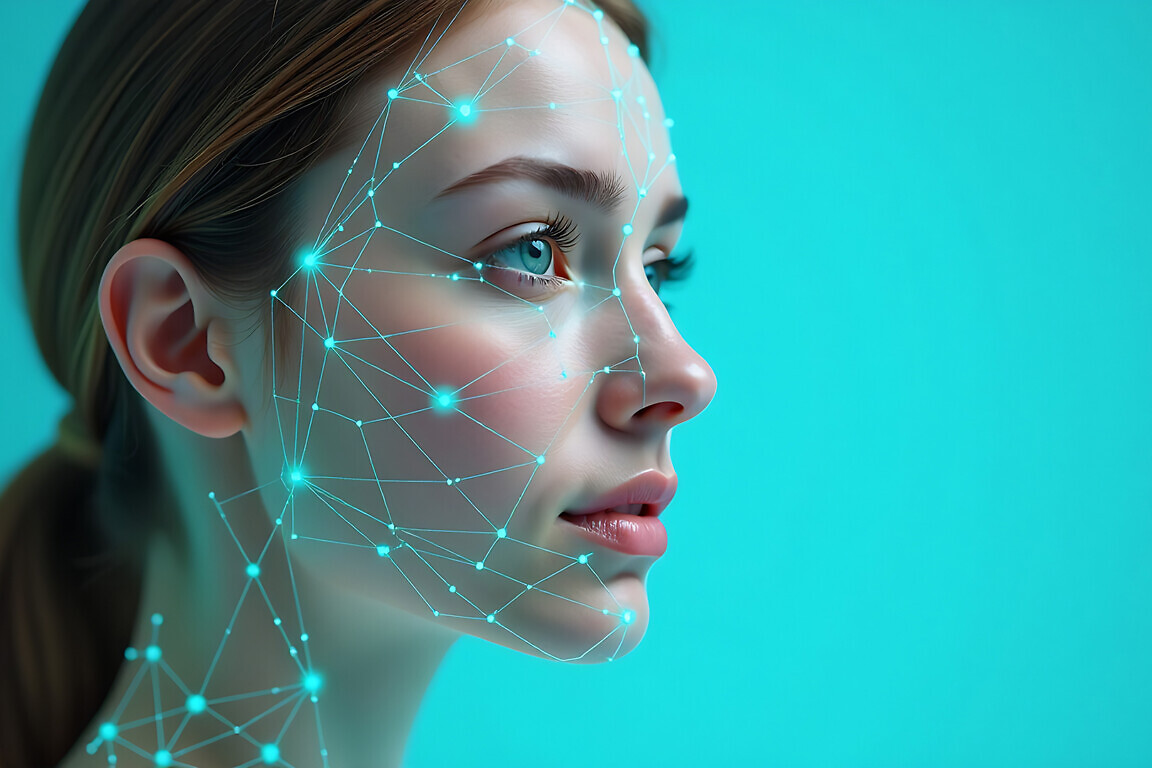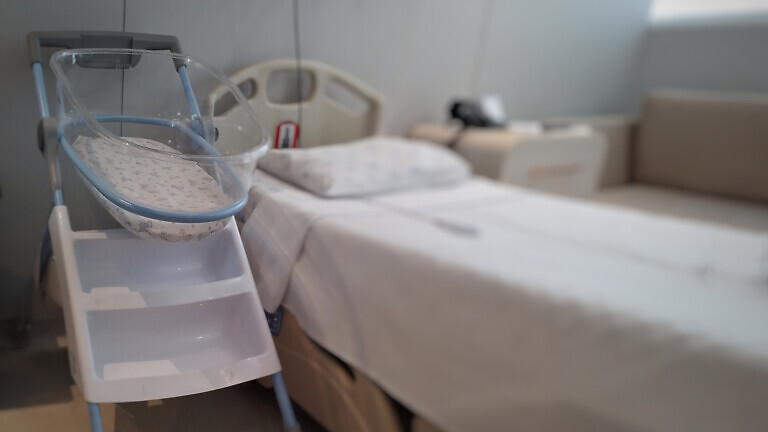The integration of digital technology into healthcare has been transformative and this is particularly true in women’s health. Dr. Rebecca Rohrer reports.
The healthcare sector continues to face complex and ever-evolving global challenges, including clinical workforce shortages, aging populations and access to care, for which there is no panacea.
However, just as digital has transformed the world of entertainment and leisure, where we can now stream films and TV series 24/7 or book a holiday at the click of a mouse, similar digital innovation is revolutionising how women access care and manage their health.
This enables them to better manage their health and enjoy a great customer experience.
Innovations including prescriptions ordered through a smartphone and delivered to your door, and AI-powered physiotherapy sessions that are enabling people to access healthcare when and where is convenient for them.
They are also helping clinicians to make more informed decisions and making healthcare more preventative, accessible and personalised.
We are seeing widespread adoption of digital healthcare across all age groups at Bupa and have more than six million people using our digital health service, Blua, across ten countries.
Online access
Blua gives customers access to an online doctor, nurse, pharmacist, physiotherapist or mental health nurse – by video or audio call – day or night, including weekends and bank holidays.
And one demographic which has embraced digital healthcare is women, with recent Bupa research showing that three-quarters (73%) of women are open to using technology to improve their health and wellbeing.
In addition, our own data from Blua shows that, earlier this year, 20% of GP appointments at Bupa across the UK, Australia, Spain and Poland were virtual consultations, and 65% of those were for female patients.
Access to virtual consultations means people are better able to fit appointments around their busy lives and prioritise their health, resulting in earlier diagnoses and better health outcomes.
This is particularly true for women who may be juggling a career with caring responsibilities.
Our own Wellbeing Index (Chapter Seven, www.bupa.co.uk/wellbeing-index) found that women (38%) are more likely to look after the family than men (30%). And women dedicate (36%) more time to looking after loved ones; on average, five hours and 26 minutes more per week.
Maternal health
Digital healthcare offers substantial benefits for women’s health in areas such as maternal health. Throughout pregnancy, and in the first few years after birth, women need to attend more medical appointments.
Now there are companies like Tytocare (www.tytocare.com) which offer a digital medical examination for pregnant women, from the comfort of their own home.
The customer receives a device that allows them to examine their ears, lungs, throat, skin, abdomen and temperature from home. During a virtual consultation, they can use this device to perform these tests under the doctor’s guidance.
This reduces any potential stress and the costs associated with travelling for in-person visits, ensuring prompt and convenient care for expecting mothers.
Digital healthcare is not just about convenience; it’s about providing timely, personalised and preventative care that meets the health needs for women.
The old saying about ‘prevention being better than cure’ may pre-date digital healthcare, but illness prevention is an area where it really has a role to play. Helping people to avoid being unwell in the first place is the most effective form of healthcare.

Wearable technology
Wearable technology and remote monitoring devices enable continuous health tracking, allowing for early detection and effective management of a range of conditions.
We are harnessing this in Blua’s health features which can sync with wearable devices to produce extensive health data.
For example, in Spain, a ‘Monitor your Health’ programme is available for customers with chronic illnesses like arrhythmias or high blood pressure. It connects real-time health data to a professional team of doctors, psychologists, nutritionists, personal trainers and physiotherapists.
Similarly, AI-powered solutions have the potential to be transformative for mental health management. Evidence suggests that women are more prone than men to experience anxiety, depression, and somatic complaints and there have been several developments in this space.
For example, in Spain, Blua’s ‘Take care of your Mind’ feature aims to spot a potential health episode from the earliest symptoms such as changes in customers’ sleep patterns and tackle it in the early stages.
One interesting area of development is the progress being made in using AI to detect anxiety and depression from listening to people’s voices. One of the biggest blockers for people managing their mental health better is acknowledging they might be unwell, so this could help them get support sooner.
Real-time insights
As a healthcare provider, analysing customer data from digital healthcare services not only helps us to measure how we’re doing, it can help us make changes to existing pathways and develop new strategies to ensure engagement and adherence to health programmes.
More precise data means we can harness real-time insights and more accurate diagnoses to make care more personalised and proactive. This not only improves outcomes for customers, but also eases the burden on healthcare systems by preventing complications and reducing hospital admissions, as well as increasing access to care.
Despite the widespread challenges facing the global healthcare industry, digital health developments are revolutionising patient care. The full effects of these advancements may not yet be fully realised; however, it’s encouraging to see that women in particular are embracing digital solutions to make healthcare work for them.
Digital health services are breaking down barriers to care. Virtual consultations and remote monitoring devices allow women to fit healthcare into their busy lives, leading to earlier diagnoses and better health outcomes.
Dr. Rebecca Rohrer is medical director, healthcare management, at Bupa UK Insurance.



